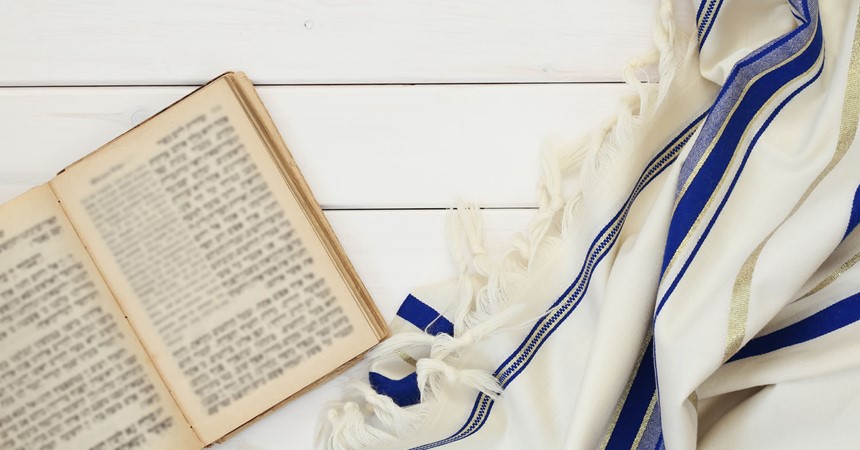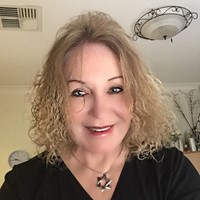Abram lived with his family in the bustling, commercial city of Ur. The ruler of the region was a feisty man called Nimrod who ruled with an iron fist, creating fear and oppressing the people. All in his dominion had to obey him and his laws. The land prospered.
Many gods were worshipped. Abram was an inquisitive young man who asked questions and refused to be silenced. Abram’s father made a comfortable living manufacturing images of gods, carved from wood and fashioned from clay. Abram questioned this work. Tradition has it that Abram’s father feared for his son, so he hid him in a dungeon for many years.
When he thought it was safe he brought Abram out of the dungeon to work in his business. Abram had been deprived of the sight of creation, looked around him and came to the conclusion that there had to be a divine plan and order in the world, so he started to talk about this. Now Abram was a good son, he worked with his father, going into the woods, collecting wood and carving idols to be sold.
One day his father had to go out and left Abram in charge of the store. A woman came in to buy a god. She chose a figure and was happy with her choice. Abram looked at her and asked her how this god could help her, because yesterday it was a log in the woods. She grabbed her purchase and ran out of the store, angry. Abram knew he was in trouble; what to do? He smashed all the idols except one, and in the remaining idol’s hand he placed a baton. Father came home and was absolutely furious. “What have you done?” he asked. Abram replied, “I didn't do it, it was that god left standing with that baton in his hand.” “Oh,” said his father, “you are lying, you know we carved that god yesterday. “Aha,” said Abram, “So how can it be a god?”
Essentially this was the beginning of a beautiful relationship between the One True God and Abram. He was told by God to leave his house, his people, his country for a land to which God would lead him, and the father of monotheism changed his name to Abraham, his wife’s to Sarah.
The lines of Abraham, Isaac and Jacob, the patriarchs of Judaism, gave rise to many fascinating and instructional stories, so Judaism has always encouraged study and discussion.
The Hebrew people, thanks to Joseph of the multi-coloured coat, ended up in Egypt, where they lived and prospered, until a Pharaoh set the people to hard labour and ordered them to worship Egyptian gods. The Hebrew people stubbornly held on to their belief in the One True God and Moses, a baby saved by Pharaoh’s sister and raised to be Egyptian, became the saviour of his people. He led the people through the Red Sea while Pharaoh’s army drowned. Both Egyptian and Hebrew saw the power of God as the ten plagues plunged Egypt into chaos.
Through trials and anguish, the people ended up at Mt Sinai where they heard God call Moses to come up the mountain.
As you probably know, Moses brought down the Ten Commandments after spending 40 days with God, so now we have the five books of the Torah. The explanations Moses gave the people were written down and taught.
Time passed and the Temple was built in David’s city, Jerusalem, only to be destroyed in the year 70 and the Jews were expelled from Israel. Judaism remains strongly associated with Israel, the land God promised Abraham, Isaac and Jacob.
The most important prayer said by all Jews is “Shema Israel Adonai Elochenu Adonai Echad − Hear, O Israel, there is one God and He is one.”
Judaism is a faith of many books: as well as the Torah and Mishnah there is the Talmud, comprising commentaries and explanations. The bible that is familiar to many includes these books as well as the Prophets and the Books of Ruth, Job, Jonah, Esther and the Psalms.
The order of prayers and conducting of the service is contained within the prayer book which we call The Siddur.
The Jewish festivals, of which there are many, retell the stories of our faith.
The three pilgrimage festivals originally required pilgrims to go to the Temple in Jerusalem. These festivals are Sukkot, the festival of living in booths, commemorating the 40 years in the wilderness;
Pesach (Passover), a week when leavened bread is not eaten, commemorating the Exodus, and Shavuot, celebrating the first fruit and the giving of the Torah.
The ‘high holy days’ include Rosh ha Shanna, the beginning of the newear, when Jews are encouraged to examine their souls and repent, and Yom Kippur, the holiest day on which most Jews attempt to come to synagogue. It is a day of deep introspection and crying to God for forgiveness.
Chanukkah commemorates the regaining of the Temple and the miracle of oil by lighting candles. Chanukkah is one of the best known Jewish holidays because of its proximity to Christmas. Many think of this holiday as the ‘Jewish Christmas’, adopting customs such as gift-giving and decoration. It is ironic that this festival, originating in a revolution against assimilation and the suppression of Judaism, has become the most assimilated, secular holiday on the calendar.
Judaism is inclusive, in that men and women are treated as equal and encouraged to participate. It encompasses a spectrum of belief from ultra-orthodox through to liberal.
Judaism is a rich way of life, full of traditions and festivals which encourage every Jew to follow the laws, to study Torah and to tell and retell the stories!
Ruth Jacobs sits on the Board of Management of the Newcastle Hebrew Congregation. She encourages all who want to know more to visit Torah, Chabad or Aish or go to YouTube and simply type in Judaism.




























































































